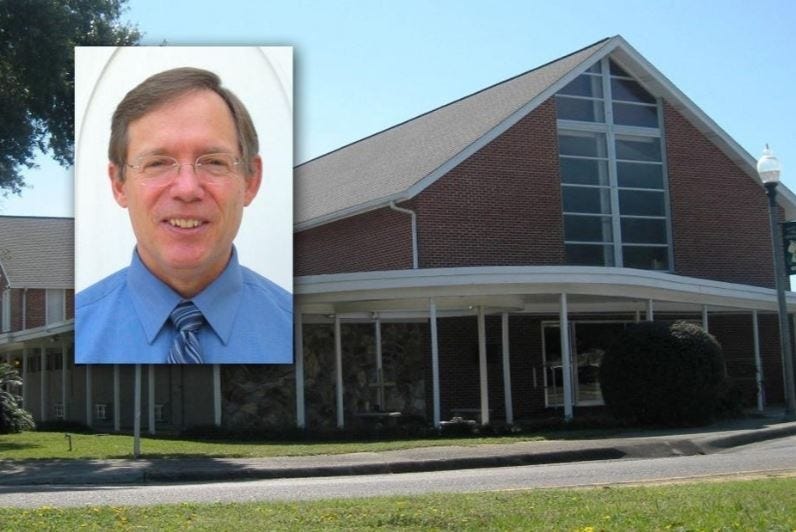
What is it that drives many people? The need to feel in control, which in turn can be translated into a hunger for power.
What do many politicians want? Power and prestige. What do countries or factions that start wars want? Most often it is more power.
We are led to believe power is a good thing. It provides the impetus for demanding certain behaviors. The Christian crusades of centuries ago were had because of a sense of power. The start of the Reformation was about the abuse of power.
The thing is, power corrupts, and absolute power corrupts absolutely.
Many tend to not pay attention to the fact that Jesus did not exert power over people — at least not in the way we interpret power. He did not come to this earth to teach us how to swing a sword, to give us battle plans, to demand that we take the lives of those who refuse to believe as we do.
No. Jesus emptied himself, making himself a servant of God. And, in a world hungry for power, who wants to follow a "powerless" Jesus? Jesus asks, "Do you love me?" We respond, "Can I sit at your right hand in the kingdom of God?"
What most don't understand is power is a substitute for the hard work of love. It is a way of avoiding making solid, meaningful relationships with people. Quite a few find it easier to rule people than to love them.
The temptation of power is greatest when intimacy is a threat. Power keeps intimacy at bay. I cannot get hurt if I don't let someone get close.
What would it be like if more people developed a stronger Christ-like attitude of loving one another instead of trying to prove others wrong, or manipulating them, or seeking to run their lives?
I envision a society with much less conflict, more cooperation, and better and stronger relationships. How about you?
The Rev. Mark Broadhead is pastor at Laurel Hill Presbyterian Church and First Presbyterian Church of Crestview.

This article originally appeared on Crestview News Bulletin: Power is a substitute for love
